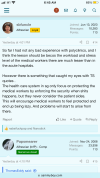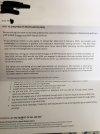- Joined
- Aug 20, 2022
- Messages
- 25,289
- Points
- 113
‘We’re Seen As Cheap & High-Quality Assets In S’pore’, Says M’sian Doctor
“We’re not overworked or ignored here.”Jann Firdaus
May 19, 2025
https://twitter.com/intent/tweet?ur...Quality Assets In S'pore', Says M'sian Doctor
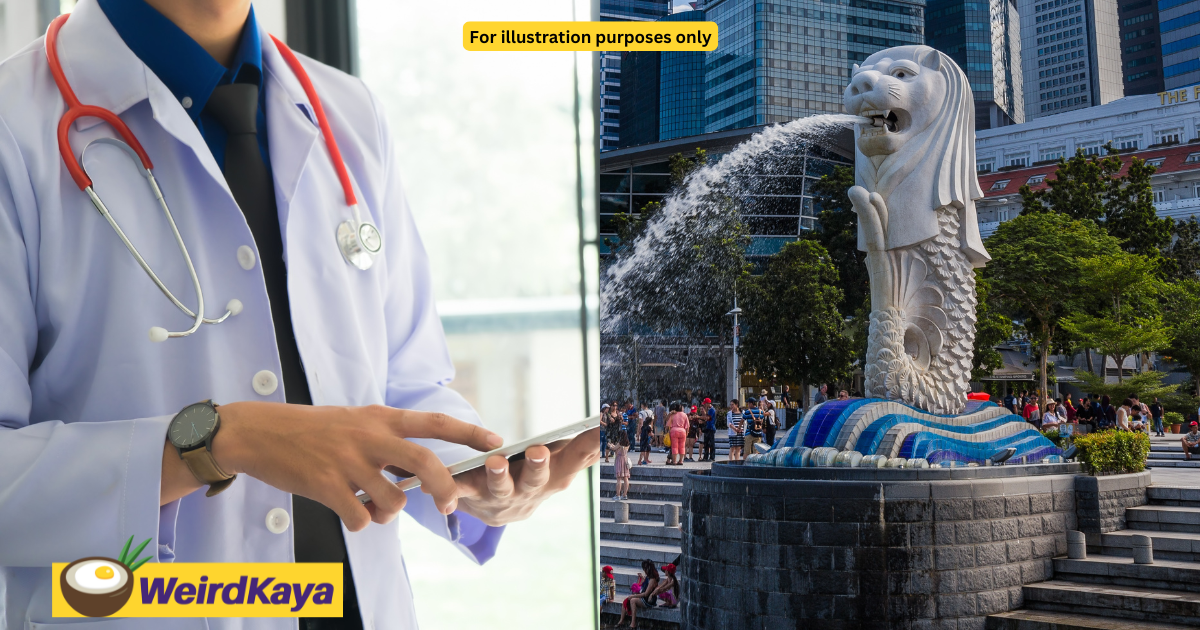
While Malaysia continues to train thousands of medical graduates each year, many are choosing to begin their careers across the Causeway and Singaporean hospitals are more than happy to welcome them.
According to Dr Akram, a Malaysian doctor currently working in the island nation, local graduates are seen as “affordable yet high-quality assets” by hospitals in Singapore.At the hospital where I work, 40% of the medical staff are graduates from top Malaysian universities,” he shared. He added that their strong foundation stems from Malaysia’s holistic housemanship system.
Why they’re making the switch
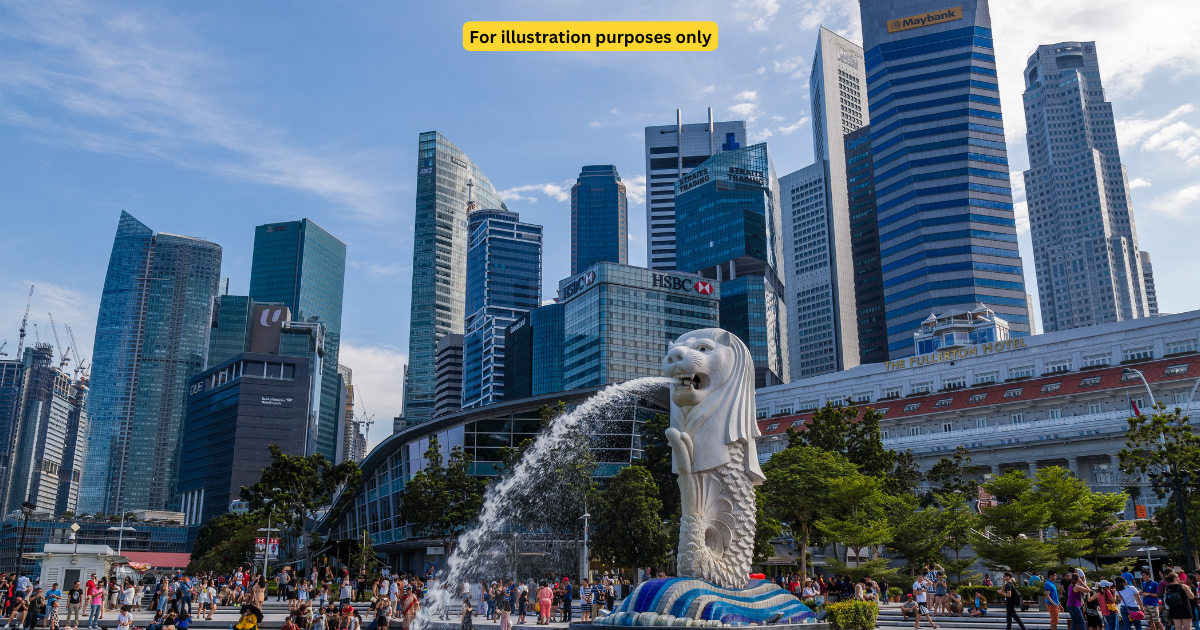
He believes the country’s healthcare system is intentionally seeking out Malaysian talent, especially with Singapore planning to build two new hospitals.
According to the Ministry of Health Singapore, the republic currently has 11 public hospitals, nine private ones, and 10 specialist centres focusing on various areas including cancer, cardiology, dermatology, and neurology.Of course, more medical graduates or officers from Malaysia will be recruited here,” he said.
Growing trend of migration
Data from The Star confirms this ongoing shift. On March 20, the outlet reported a steady increase in the number of Malaysian medical graduates heading to Singapore for postgraduate training (housemanship).- 2020: 2 graduates
- 2021: 15 graduates
- 2022: 25 graduates
- 2023: 30 graduates
“The pay, balance and respect make it worth It”

The main draws include better pay, better benefits, and a better work-life balance.
He listed some of the benefits junior doctors in Singapore receive:Many medical officers are attracted by the generous salary, perks, and the work-life balance that matches their responsibilities and workload,” he said.
- Monthly medical officer allowance
- Monthly housing allowance
- Annual wellness allowance
- Performance bonuses and corporate variable bonuses
- On-call pay for weekdays, weekends and public holidays
- Multiple types of leave: annual, sick, non-MC, marriage, family, training, and even birthday leave
Each hospital has its own team of specialists, medical officers, and housemen. In Malaysia, our specialists are scattered. For example, cardiologists might only be available at Hospital Serdang,” he said.
“We’re not burnt out here like we were back home”
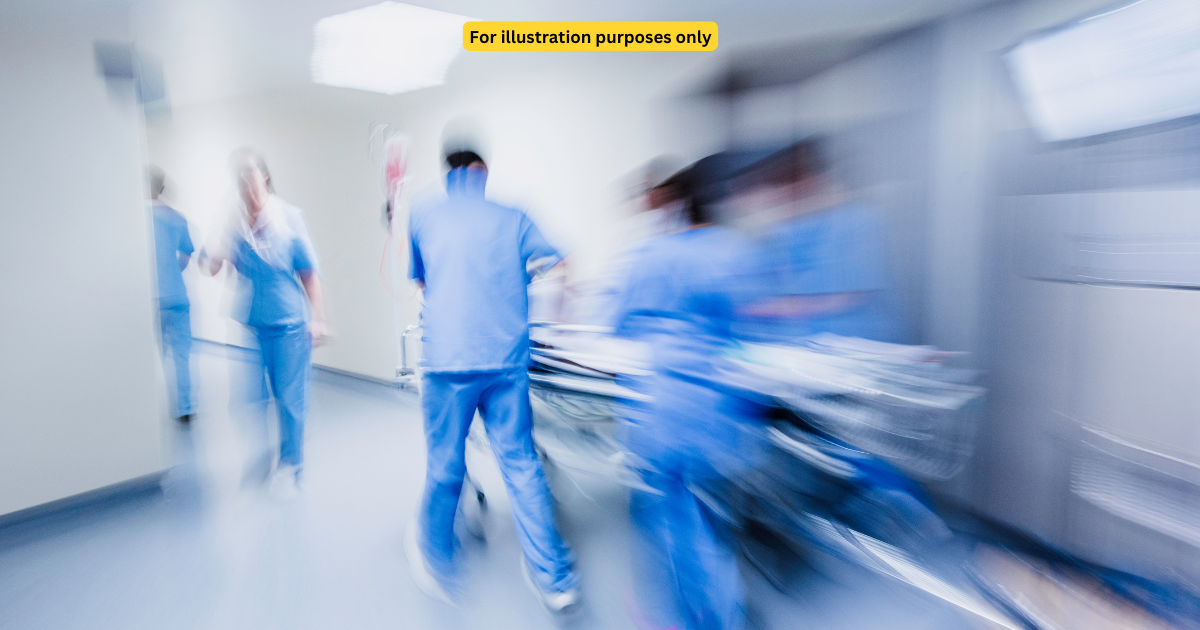
He also highlighted the difference in workload. In Singapore, a medical officer typically sees 20 patients per day. In Malaysia, that number can go up to 40 per doctor.Honestly, the burnout feels endless back home,” he said.
As the demand for healthcare workers grows in Singapore, it seems that Malaysian medical graduates will continue to be a top choice, offering quality care without the premium price tag.



